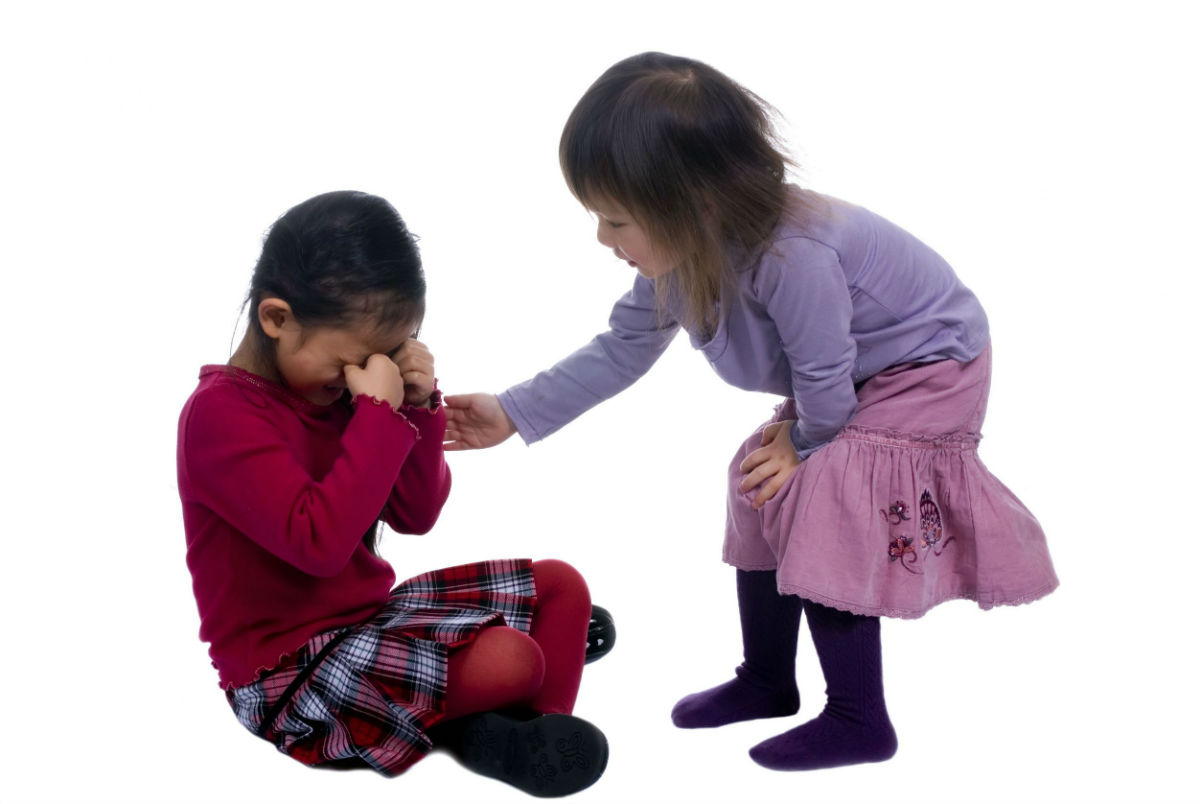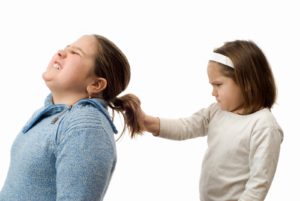Articles
Raising Kind Kids: 5 simple things you can do

This is the first of a series of articles adapted by Dr Tom Lickona from his new book, How to Raise Kind Kids: And Get Respect, Gratitude, and a Happier Family in the Bargain, published by Penguin in April. Dr Lickona is a developmental psychologist well known for his achievements in character education.
1. If you want your children to learn to be kind, start by using the language of kindness in your family. This will help to convey kindness as an important family value and expectation. For example:
- “Would you be kind enough to help your sister pick up the family room?”
- “That was a kind thing to do.”
- “Thank you for your kindness.”
- “Can you use kinder words to say that?”
- “How can you settle this in a kind and peaceful way?”
2. As a family, brainstorm ways to practice kindness.
Together, make a list of kind things people do for others. Examples:
- A person holds a door for someone coming behind.
- Someone gives up a seat on a bus or subway.
- People stop to help a driver who’s having trouble.
- A passerby gives food or money to a homeless person.
- Neighbors or church members make meals for a family that’s just had a baby, is facing a serious illness, or has lost a loved one.
- A student is friendly to a schoolmate who seems to have no friends.
- You offer to help with housework or yardwork without waiting to be asked.
- You share a snack or treat with someone.
Once you have your list of kind acts, as a family create a definition of kindness. Use the sentence starter: “Kindness is . . . ”
Sample definitions:
- “Kindness is thinking of others and not just yourself.”
- “Kindness is helping someone who needs help.”
- “Kindness is caring about others and doing nice things for them.”
Post your definition of kindness in a prominent place.
Finally, in order to translate awareness of kindness into action, discuss ways you can each show kindness in the family, school, neighborhood, and so on. Ask each family member to commit to one way of trying to be kinder in the week to come.
3. Model kindness in word and deed.
- Treat your children kindly. When I asked my 7-year-old granddaughter, Winnie, “How can parents teach their children to be kind?”, she replied: “They should be kind to them.” Kids learn the meaning of kindness by the treatment they receive.
- Set an example of kindness and respect by how you talk to each other as parents. When you argue, avoid abusive language and make up quickly.
- Set an example of kindness and respect by how you treat and talk about persons outside the family such as relatives, neighbors, and teachers.
- Avoid uncharitable talk about other people—and explain why such talk is not kind or respectful (“We don’t like it when people say bad things about us behind our backs”).
4. Insist on kindness and respect in all family interactions.
- Correct unkind and disrespectful behavior immediately by asking for a “re-do”: “Can you kindly say that in a more respectful way?”
- Don’t allow children to speak disrespectfully to you—either in what they say or how they say it. Have a clear family rule about that and a consequence if your child continues to speak disrespectfully after one reminder. Involve your child in setting that consequence (“What do you think is a fair consequence for speaking disrespectfully—one that will help you remember the rule?”).
- Don’t allow siblings to tell each other to “shut up,” call names, or be unkind, rude, or disrespectful in any other way. Have a clear family rule about that as well and be consistent in enforcing it.
5. Teach kindness by giving kids real responsibilities in family life.
At the heart of kindness is a spirit of helpfulness.
Polls now find that most American parents feel they’ve spoiled their children. In too many families, adults are doing all the giving, kids all the taking. That’s a recipe for producing selfish, entitled persons like the 15-year-old boy who said, “Why should I mow the lawn? It’s not my lawn.”
The best antidote for that kind of ungrateful self-centeredness is for children to have regular, meaningful responsibilities in their family from the earliest years. Research finds when children have chores—jobs they’re not paid to do, but ones they’re expected to do as contributing family members—they develop a greater concern for others.
Here’s a mom who began responsibility training early:
“Ever since my children have been able to walk, I’ve made them pick up their toys. When we found we were expecting another baby, I explained that I would be very busy with the baby and would need their help.
“My 3-year-old brings the wash down every day and gets diapers, etc. when I need them. He feels good about helping and being part of the family. He also understands that by helping me do things around the house, he gives me more time to do things with him.”
The educator James Stenson wisely points out:
“Children develop character by what they see, what they hear, and what they are repeatedly led to do. Directed practice is the most important part.”
So give your children plenty of directed practice in kindness.
In my next post, we’ll look more at what you can do when your child is not kind.
Thomas Lickona is a developmental psychologist and longtime professor of education whose eight books on character education include Raising Good Children and Educating for Character. A past president of the Association for Moral Education, he received the “Sandy” Award for Lifetime Achievement in Character Education. Republished with the author’s permission from Psychology Today.
This article by Dr Tom Lickona was originally published on MercatorNet.com under a Creative Commons Licence. If you enjoyed this article, visit MercatorNet.com for more.







